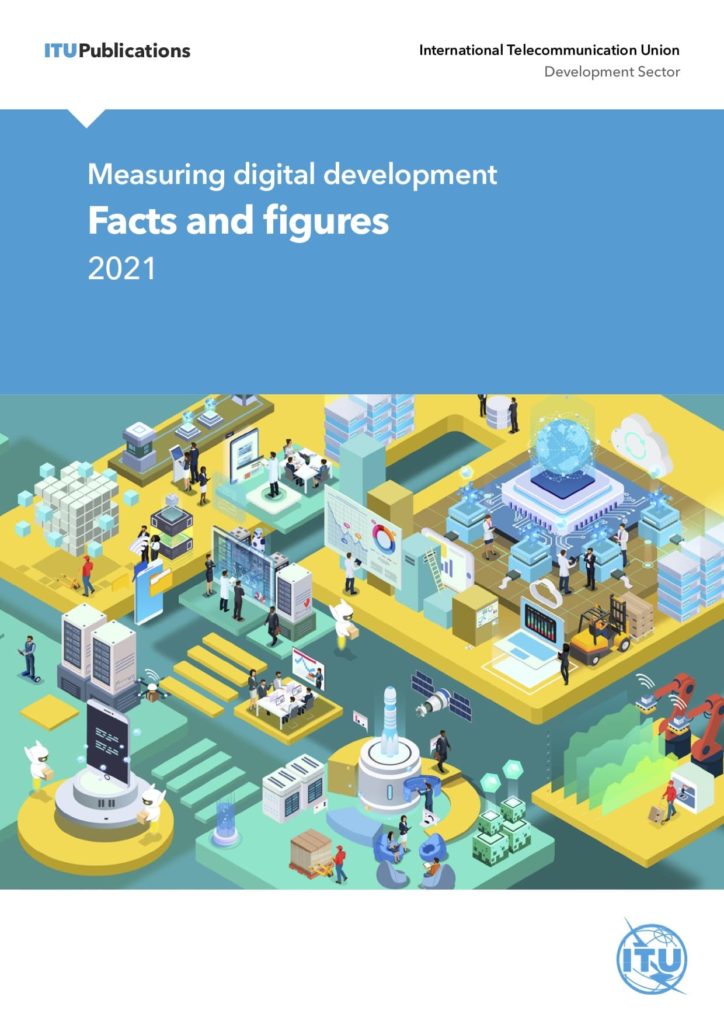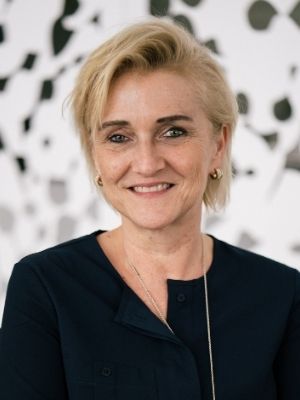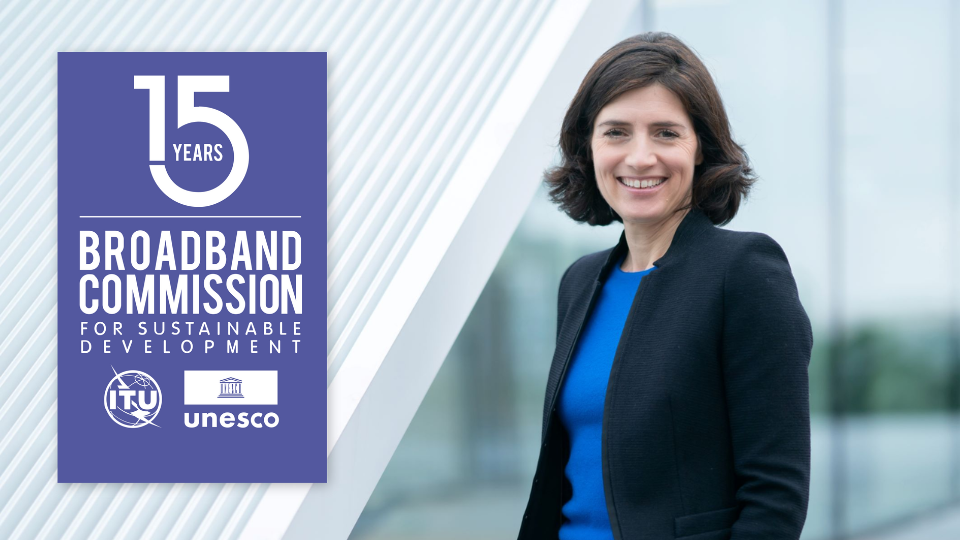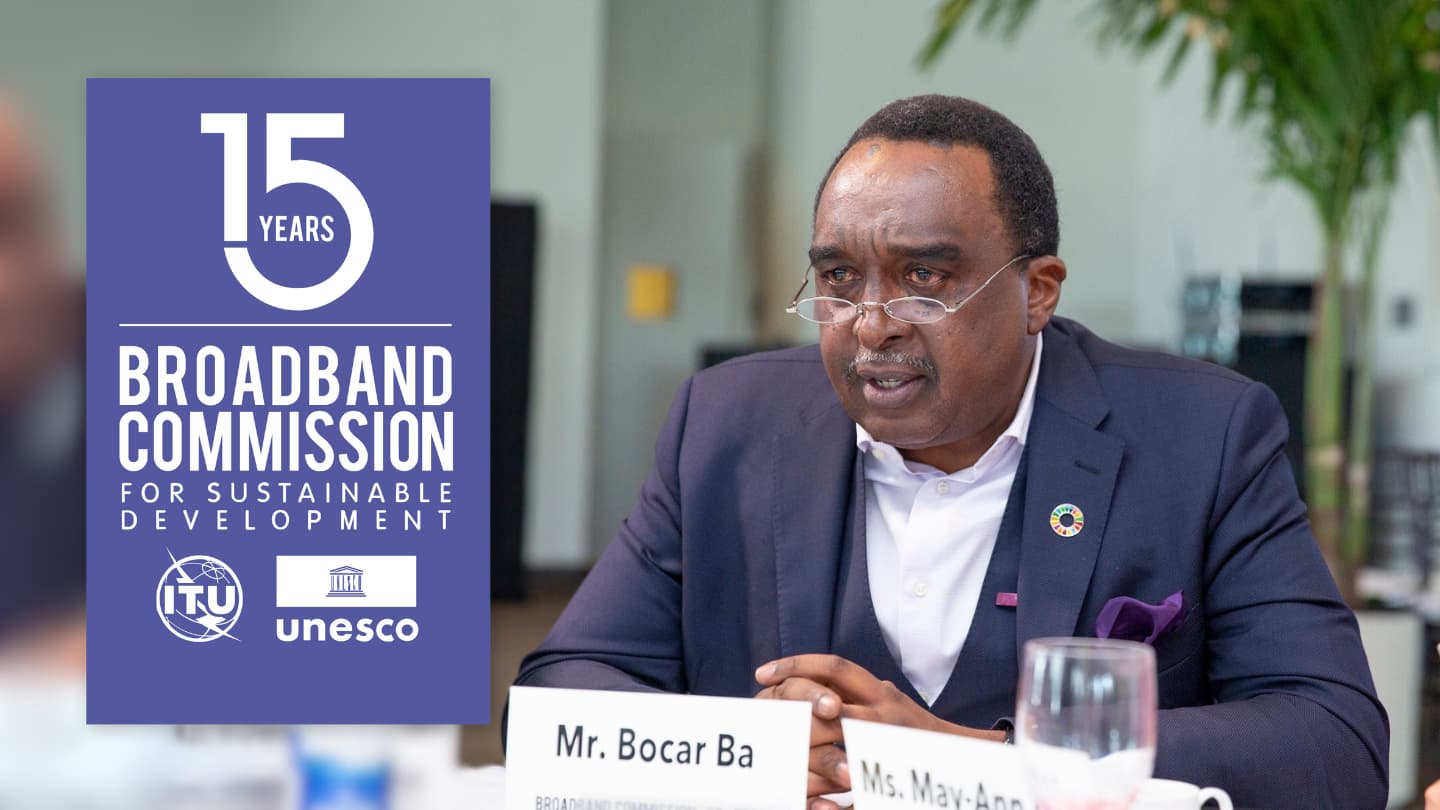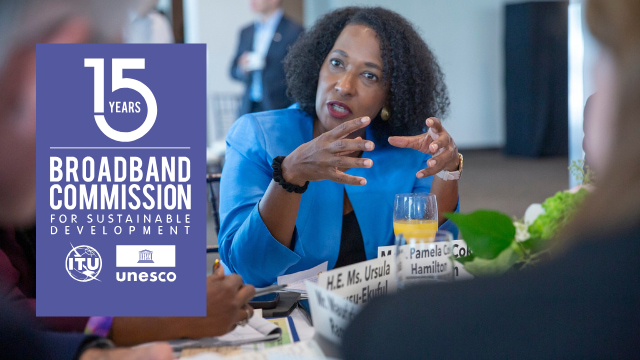This article was contributed by Commissioner Dr. Ann Aerts of Novartis and Broadband Commission Executive Director Ms. Doreen Bogdan-Martin. It was originally published on Linkedin.

COVID-19 has rightly put the burning issue of health inequity firmly on many political and business agendas. Many social determinants drive health inequity, and this International Women’s Day is an opportune time to reflect on gender.
The Broadband Commission Working Group on Virtual Health and Care, which is co-chaired by the World Health Organization and the Novartis Foundation, is currently conducting a landscape analysis that will inform our upcoming report and policy recommendations for how governments can ensure virtual health and care drive access and equity.
Our research has made it clear that virtual health and care has the potential to either help us overcome inequity, or to further entrench it. And gender is one social determinant that we must take into consideration.
Access to digital connectivity is obviously essential for people to benefit from virtual health and care. And worldwide, women have less access than men. The latest data from the International Telecommunication Union (ITU) on the gender digital divide in internet use, reveals that a usage gap persists globally, with 57% of all women using the Internet, compared to 62% of men in 2020. This divide remains wide and more persistent in the least developed countries, where only 19% of women use the internet.
But encouragingly, there are positive initiatives and policy interventions that are helping ensure virtual health and care broadens access to healthcare for women.
In terms of initiatives, for instance, in Bangladesh, a digital healthcare platform called Maya, with about 10 million unique users, is helping women access high-quality, locally relevant information and stigma-free expert advice on sensitive topics such as reproductive and mental health via anonymous text messages.
This chatbot-based digital health service does not completely rely on AI and bots, but rather categorizes sensitive questions and uses a dedicated team to review questions and answers.
In Ghana, a female-based support community called Massira provides credible information on sexual, reproductive, and mental health to women and gives them a safe platform to create and join discussions on female health anonymously so that they can share their experiences without any fear of judgment. This platform for connecting, educating, and empowering women also uses one-fourth of its profits to support girls in rural communities.
Germany provides a strong example of how to tackle gender at the policy level. Since 2000, health disparities are implicitly mentioned in the national health goals. The selection, formulation, evaluation, and updating of national health goals are required to consider equal health opportunities and for gender mainstreaming.
The Broadband Commission will publish our full recommendations for how governments can use virtual health and care to advance access and equity later this year. We look forward to sharing actionable insights with you then!
Contributed by
Ms. Doreen Bogdan-Martin
Director of the ITU Development Bureau & Executive Director of the Broadband Commission

